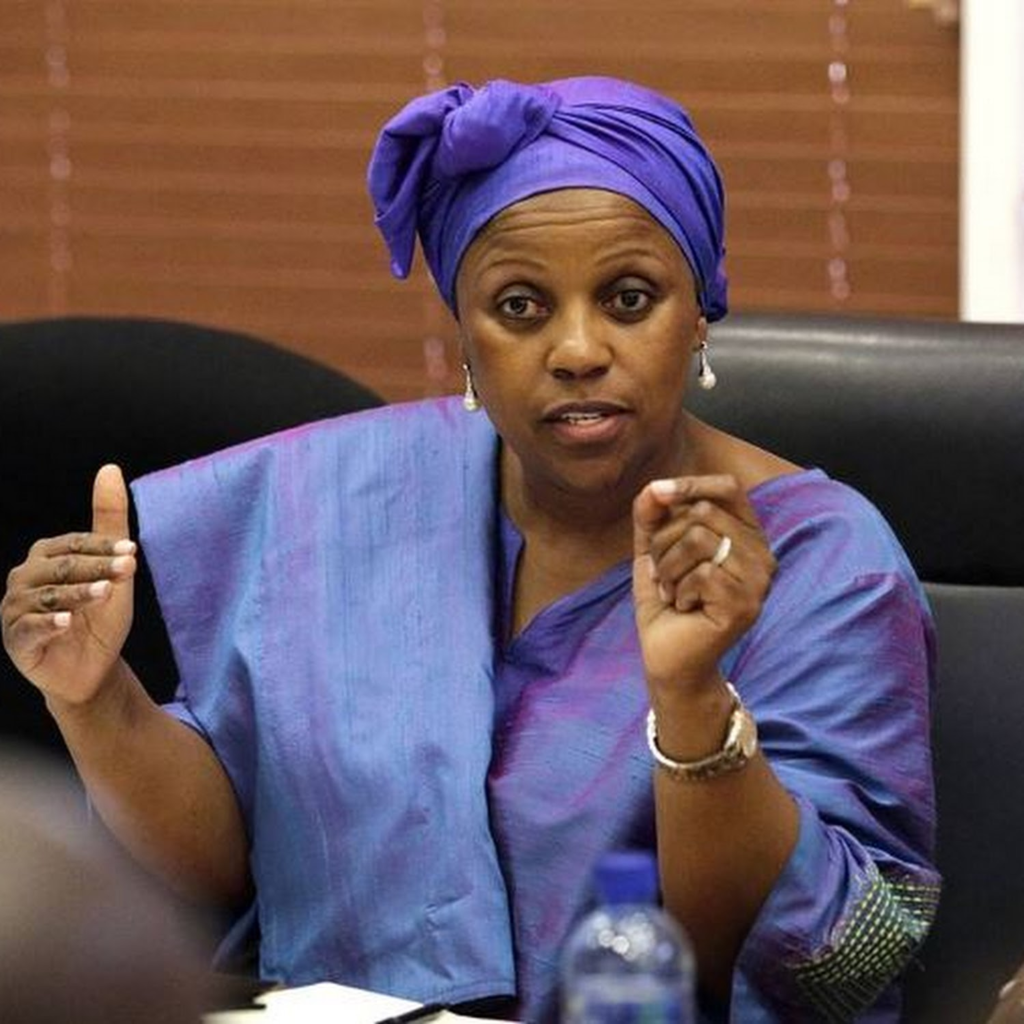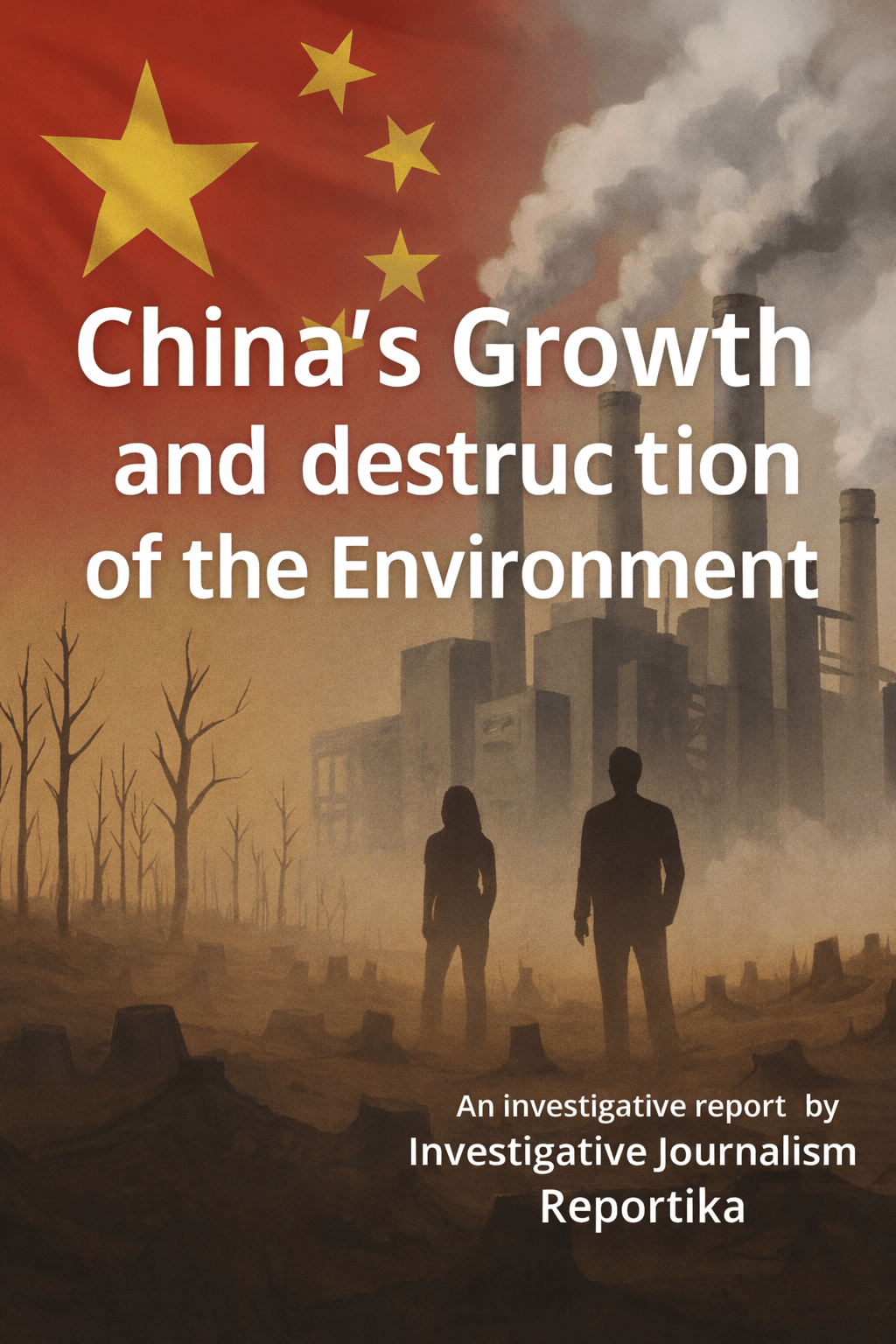Zondo : Commission that changed South African Politics
“The Judicial Commission of Inquiry into Allegations of State Capture, Corruption, and Fraud in the Public Sector including Organs of State” is better known as the “Zondo Commission” or “State Capture Commission”. It is a public inquiry established in January 2018 by former South African President Jacob Zuma to investigate allegations of state capture, corruption, and fraud in the public sector in South Africa.

Corruption scandals dogged the nine-year reign of Jacob Zuma. The most significant allegation on Zuma was his proximity with the Gupta family. The Gupta family is a wealthy Indian-born family with business interests in South Africa. The family owns a business empire spanning computer equipment, media, and mining. Allegations followed that the Guptas had captured the South African state through the influence held over Zuma. The experts dubbed it as state capture.
The commission interviewed 300 witnesses and presented a total of 1,731,106 pages of documentary evidence and one exabyte of data evidence. Moreover, the Commission conducted formal hearings on more than 400 days and its reports changed the South African Politics forever.
Here is a brief summary of the report of the commission compiled by our Africa analyst Adam Dlamini
Part 1
Part 1 was released on Tuesday 4 January 2022. It has three volumes with the first volume focused on corruption within the state owned South African Airways, the second on findings relating to the Gupta family, and the third on the South African Revenue Service and recommendations to reform the government procurement system.
Some notable finding of part 1 of the Zondo Commission found the following:

Former South African Airways (SAA) chairperson Dudu Myeni and her fellow board member and counterpart at the airline’s subsidiary SAA Technical, Yakhe Kwinana, oversaw a state-owned entity riddled with corruption during their terms, and fueled a culture of bullying, fear and purging of executives who did not agree with their agenda.
The appointment of Dudu Myeni as chairperson of SAA by then-President Zuma had caused “sustainable damage” to the company.
Recommendations:
- Myeni is to be charged with corruption and fraud.
- Kwinana is to be investigated by the South African Institute of Chartered Accountants.

- Moyane and Zuma played a critically important role in “capturing” the SARS and that Moyane was appointed by then President Zuma as SARS commissioner to facilitate this.
- Zuma, Moyane and Bain & Company worked together to facilitate the take over of SARS.
The report recommended that:
- All state contracts with Bain & Company be reviewed.
- Moyane be charged with perjury for lying and providing false information to parliament.
This is the most explosive revelation made by the Zondo Commission:
- The awarding of government tenders and state owned enterprise advertising contracts to the Gupta owned New Age Newspapers defied both “logic and legal requirements.”
- Then Minister for Public Enterprises, Malusi Gigaba, was “prepared to do wrong for the Guptas or Mr Zuma”.
The report recommended that:
- Brian Molefe and Collin Matjila facilitated Gupta corruption within Transnet and SAA respectively; and that they should face criminal charges.
- Benefited from the extensive corruption of state enterprises, including SARS and SAA. This alleged corruption also benefited Zuma and his political allies.
- Exhibited an apparent lack of concern regarding the decline of state entities, and an unwillingness or inability to rectify these institutions.
Part 2: Transnet
Part 2 was published on 1 February 2022 and announced findings on corruption and maladministration within the state-owned companies Denel, Eskom and Transnet. The following notable findings were made:
- The report implicated former public enterprise ministers Malusi Gigaba and Lynne Brown as well as former Transnet group CEO Brian Molefe. It found Gigaba lied about not knowing the Guptas, claiming he had known the controversial family for years and used his position to appoint their allies in strategic positions at state-owned companies.
- It alleged Brown also lied when she denied knowing the Guptas, saying evidence before it proved she helped them loot state resources at Denel.
- Jacob Zuma sought to have Siyabonga Gama appointed as CEO and thus served as a “willing enabler” of corrupt practices at Transnet.
- Soon after Gama and Brian Molefe were appointed to executive positions in 2011, the SOE saw the “first significant locomotive transaction tainted by corruption”.
Three main corrupt deals to procure 1,259 locomotives with China South Rail, China North Rail, General Electric, and Bombardier Transportation.
Part 3: Bosasa

Part 3 was published on 1 March 2022 and focused on findings relating to corruption relating to the privately owned state contractor BOSASA. Following the release of part 3 the commission’s findings were criticized by allies of Jacob Zuma. It made the following notable findings regarding government’s interactions with state service provider BOSASA:
- Senior ANC politician Gwede Mantashe should be probed for corruption for receiving kickbacks from BOSASA.
- Dudu Myeni received bribes and helped halt a BOSASA corruption probe.
Part 4
Part 4 of the commission’s findings was divided into four volumes and published on the morning of 29 April 2022.
- It dealt with, among other things, the capture of Eskom and the Free State’s controversial R1-billion housing project.
- Zuma, the Guptas and the ANC featured prominently in the report, with Zondo saying the ruling party should be ashamed of itself for allowing Zuma and the Gupta family to run amok.
- It claimed Zuma would have done “anything that the Guptas wanted him to do for them”, including getting rid of competent ministers at the family’s request.
- Brown was again implicated, named as a key figures in enabling the capture of Eskom by the Gupta family.
- It also called the Free State provincial government’s handling of the housing project a “dismal failure” and said it was a debacle.
- The report said Zuma’s decision to replace Ngoako Ramatlhodi with Mosebenzi Zwane as mineral resources minister was probably influenced by the Guptas. It slammed Zwane as an incompetent, brazen and a bad leader who tried to pressure banks to reopen Gupta accounts.
- Among its recommendations was for criminal charges to be instituted against members of the Gupta family, and the removal of Zizi Kodwa from the deputy state security minister portfolio.
- The report also called on the government to seek legal advice on how to recover the R255-million wasted on the Free State housing project.
Recently Zondo Commission also presented the final report. We will cover the report in the subsequent investigative reports.

These revelations and following changes in South Africa changed its politics forever. It changed the mindset of people at large and they started questioning the authorities.
“I don’t want to make anybody think that this report is all you need to rid South Africa of state capture or to make sure that state capture never happens again, but I do believe that it will, the recommendations that have been made, if they are implemented, will make a significant contribution to that goal,”
Zondo
Adam Dlamini compiled this report from various credible sources and original report
Adam Dlamini (Africa Analyst of Ij-reportika)
Sources:
- https://www.corruptionwatch.org.za/zondo-report-a-summary-of-the-first-four-parts-and-who-it-implicated/
- https://www.corruptionwatch.org.za/january-2022/
- https://mg.co.za/article/2018-08-27-statecaptureinquiry-mentor-was-too-scared-to-meet-with-zuma-in-china/
- https://www.bbc.com/news/world-africa-61713832
- https://twitter.com/PresidencyZA/
- https://twitter.com/CyrilRamaphosa




